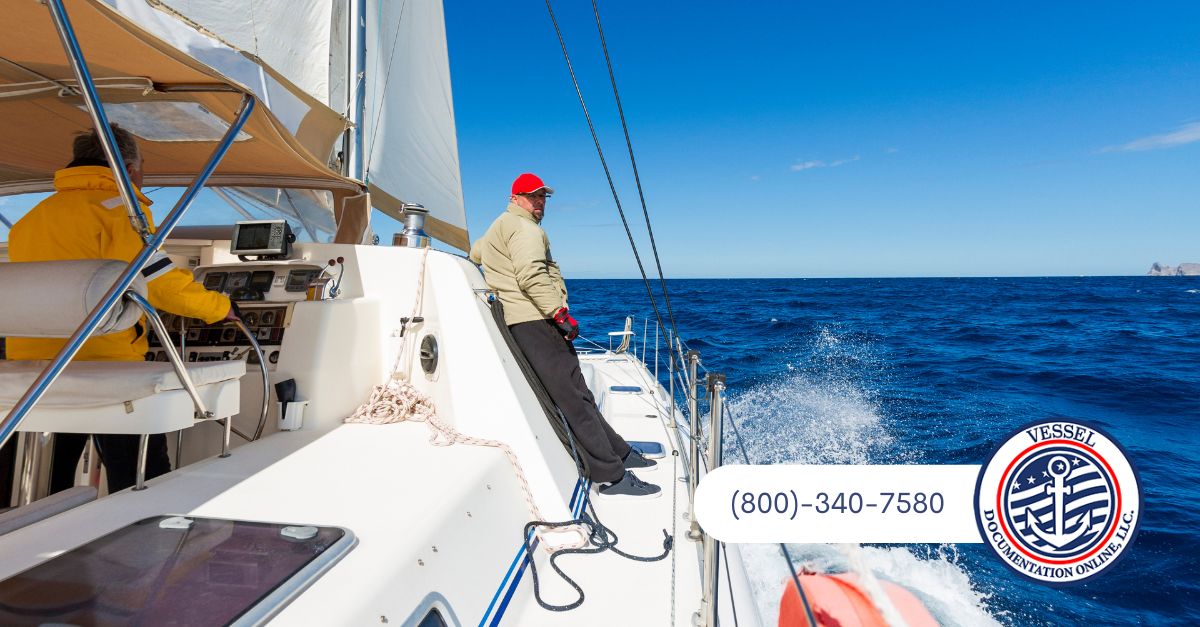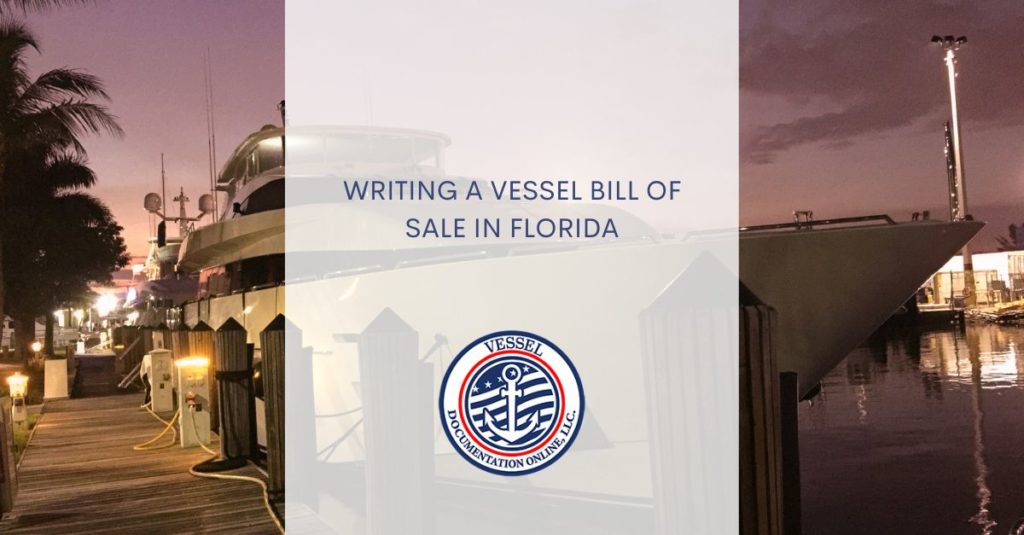A bill of sale is a document required in the state of Florida to legally transfer ownership of a boat from the seller to the purchaser. Before signing the vessel bill of sale, it is essential to double-check that all of the facts are accurate and that it has been notarized since this is a requirement for the document’s validity. This article will guide you through the steps necessary to draft a bill of sale for watercraft in Florida. If you own a boat in Florida, you should be prepared to draft a bill of sale for your vessel at some time in the future. The following are some pointers that may assist in approaching as easy and uncomplicated as possible.
Make Sure You Have All the Necessary Information Before You Start Writing the Vessel Bill of Sale
Many things might go wrong when you’re purchasing or selling a yacht. It is essential to have a transparent chain of titles to use as evidence should you encounter difficulties. To acquire one for your boat, you don’t need to be an attorney or have a legal background. First, ensure you have all the information you need to begin writing. Boat registration and a title are required. This includes the boat’s name, hull identification number (HIN), manufacturer, model and year of manufacture, etc. To receive a signed bill of sale and a signed title from the prior owner, you will need to contact the former owner. The present owner must sign your full ownership rights for you to possess the vessel legally. You’ll be able to make sure everything goes according to plan.
Use a Standard Vessel Bill of Sale Form or Template
The vessel Bill of Sale is a receipt for acquiring real estate. Documentation of the sale of personal property such as boats, automobiles, and even furniture is a common application for this kind of document. The bill and an affidavit are both included in this document. Forms for the first half of the document may be purchased at any office supply shop, generally next to blank checks and business cards. Second half is a brief form you may get from the office of your county tax collector or online. The only need for a Bill of Sale when selling a yacht privately is that it be signed by all parties involved and notarized or witnessed. A notary public or two witnesses not mentioned on the bill will be required to authenticate the bill when selling a boat as part of an estate sale in Florida.
Identify the Buyer and Seller of The Boat And Their Contact Information
In Florida, it is not a legal need to have a vessel bill of sale when transferring ownership, although it might be helpful to have one. To receive a title from DHSMV, the buyer will need proof that you sold them the boat, which they may get if you don’t have a bill of sale. Make sure you and the buyer are correctly identified on the bill of sale so that everything goes well for both of you. In the future, if either party wishes to take out another loan or sell the boat again, knowing who purchased and sold it is a vital fact. Address these issues on your bill of sale as precisely as possible: Your name, phone number (home and mobile), and e-mail address should be included in your submission. Add any extra personal information you’d want to give, such as your date of birth and Social Security number.

Specify the Purchase Price and Date of Sale
First and foremost, the date of the transaction must be stated. According to icrc.org, any witnesses who witnessed the signing must also sign the vessel bill of sale if two parties are involved in the transaction. If the vessel has any liens, they must also be noted on the document. The year, make, model and a serial number of a boat are all included in a vessel bill of sale, as is the name of the boat’s owner and the name of the licensed agent selling it. It also tells you if the vehicle is brand new or used, if a warranty covers it, what kind of engine it has, and even who will be performing maintenance on it, which is particularly critical if you are purchasing an older model. If you are buying or selling a vessel, the terms of sale will differ, but the most common ones include: who pays for licenses and registration fees when ownership is transferred (with an exact date).
The state of Florida alone has over two dozen different types of documentation, each one with its own set of regulations. That’s why you should contact Vessel Documentation Online LLC. Our experts are on hand to help you determine which kind of registration is best for your vessel and get you through the application process smoothly. We’ll even send you a vessel bill of sale so that you’ll have all your bases covered, so don’t hesitate to call us at (877) 564-1398!

